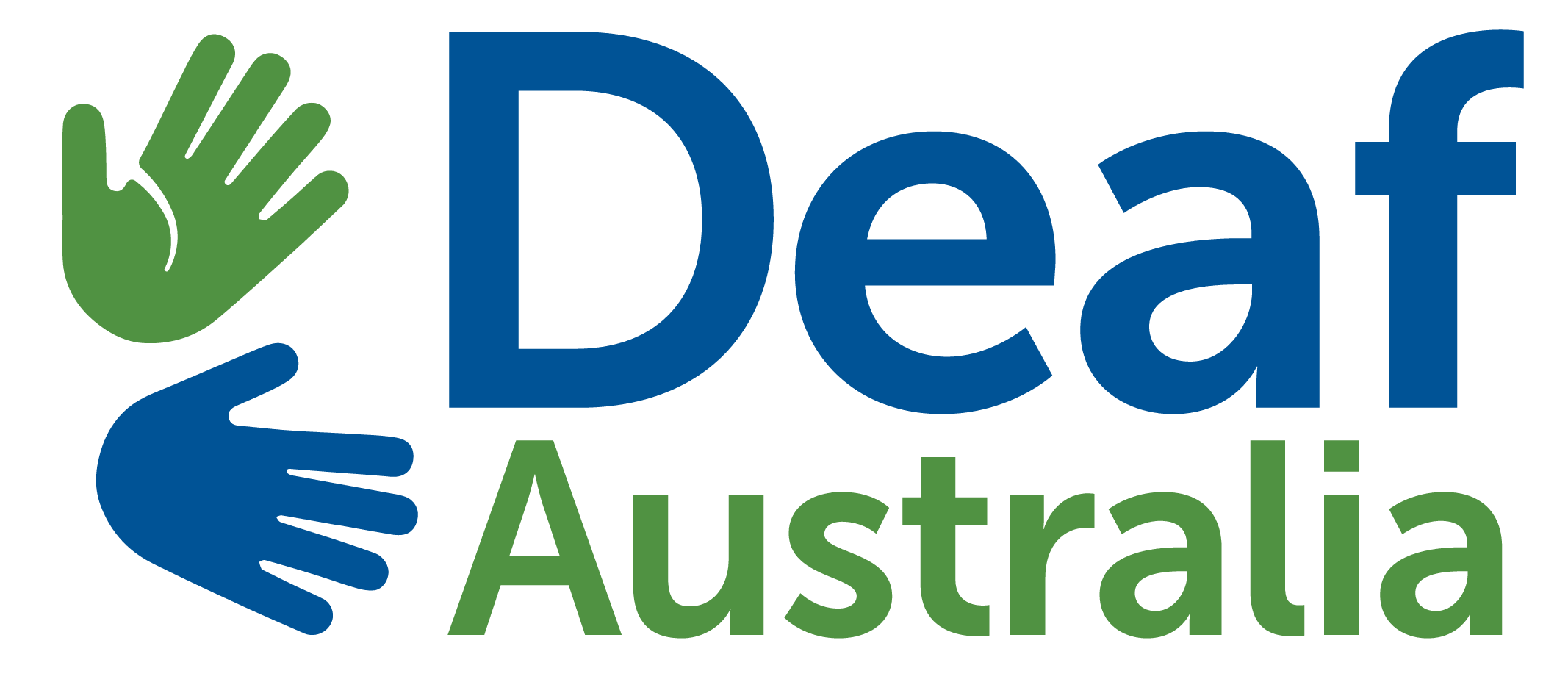No products in the cart.
Aussie elected to International Disability Alliance board
Sydney-sider Mr Colin Allen, currently World Federation of the Deaf President, was elected to the position of Second Vice-Chair of the International Disability Alliance (IDA) Board in July this year, and will be part of the organisation’s work in promoting human rights internationally.
“We are proud to congratulate Mr Allen on this appointment,” said Deaf Australia President Ann Darwin, “He does excellent work in promoting Deaf rights with WFD and it is great to see an Australian Deaf person in another pivotal role on the world stage.”
The IDA, established in 1999, is a network of global and regional disabled people’s organisations (DPOs). It aims to promote the human rights of persons with disabilities as a united organisation of persons with disabilities utilising the Convention on the Rights of Persons with Disabilities and other human rights instruments. The IDA participates as representatives of representative organisations of persons with disabilities at the national, regional and international levels.
The IDA, along with member organisations around the world, provides a voice to people living with a disability. There are many Disabled People’s Organisations worldwide, and although they represent over one billion people, they are the most frequently overlooked minority group.
The United Nations system both in New York and Geneva acknowledges the IDA’s unique composition as a network of the foremost international disability rights organisations and as the most authoritative representative voice of persons with disabilities.
NDIS Update
The launch of DisabilityCare Australia, the national disability insurance scheme, is just around the corner, and a lot of hard work is going into ensuring that everything is ready for 1 July.
Last week the Prime Minister and Victorian Premier announced Geelong as the location of the head office of DisabilityCare Australia. This is great news for Geelong and another step towards the full rollout of the scheme by 2019.
Once DisabilityCare Australia is fully rolled out, it will support around 460,000 people with significant and permanent disability. It is being rolled out gradually over the next few years because it’s a big change to the current system and the Government needs to make sure everyone is properly supported to make the transition into the scheme.
The launch of DisabilityCare in selected sites across the country will allow the Government to evaluate the operation of the scheme throughout the implementation process, and learn from it so they can make improvements before the full roll out.
The Government is establishing a separate division of the Administrative Appeals Tribunal (AAT) to conduct independent reviews of decisions made by DisabilityCare Australia. This will make sure that people who request an independent review will be seen by AAT members experienced in considering DisabilityCare decisions and working with people with disability.
Some people seeking an AAT review may want support while going through the review process. The Government has also provided $860,000 in 2013-14 to support people through the AAT external review process.
They will also fund specific National Disability Advocacy Program providers in launch sites to provide support persons to assist applicants seeking an AAT review of DisabilityCare Australia decisions.
Jenny Macklin and Amanda Rishworth explained that the Government is completely reforming the system, and they want to build a scheme that stands the test of time.
DisabilityCare Australia independent evaluation team announced
As part of the starting period of the NDIS, the Government will do an evaluation of the DisabilityCare launch.
The National Institute of Labour Studies at Flinders University of South Australia will carry out the research independently, starting in 2013 and finishing in 2016.
The evaluation will assess the impact of DisabilityCare Australia on people with disability, their families and carers, and the disability sector.
Evaluation findings will be used for planning and improving the rollout of DisabilityCare Australia. It will also be used when making policies for people with disability in a broad range of policy areas.
The Flinders University team will consult with key stakeholders including people with disability, their families and carers, state and territory governments, and disability sector representatives.
The evaluation will consider:
- how DisabilityCare Australia impacts people with disability, their families and carers, and the disability sector and workforce
- the impact of DisabilityCare Australia on selected mainstream services (including access to mainstream services for people with disability)
- high-level implementation processes, focusing on elements of DisabilityCare Australia which contribute to positive or negative outcomes.


